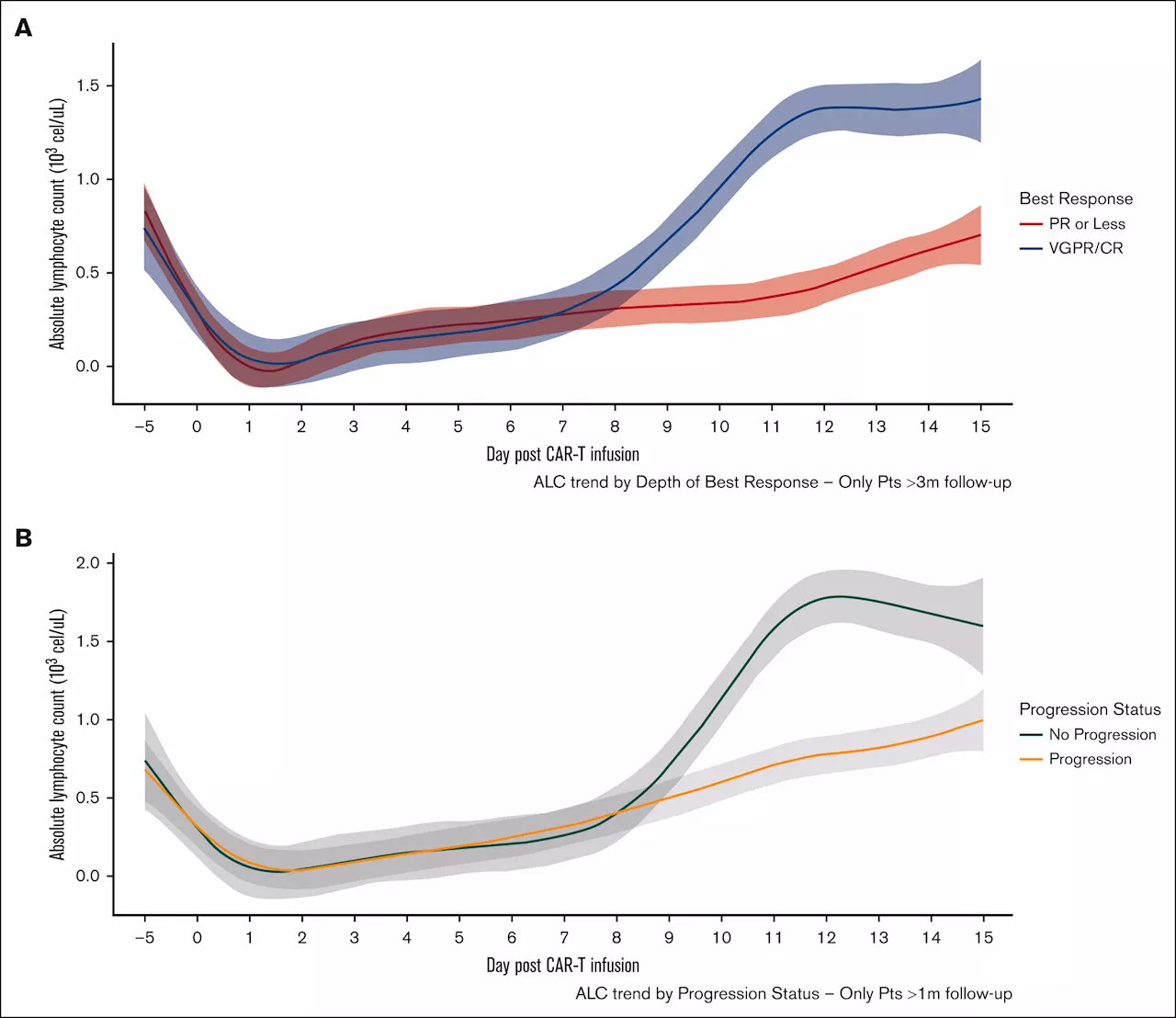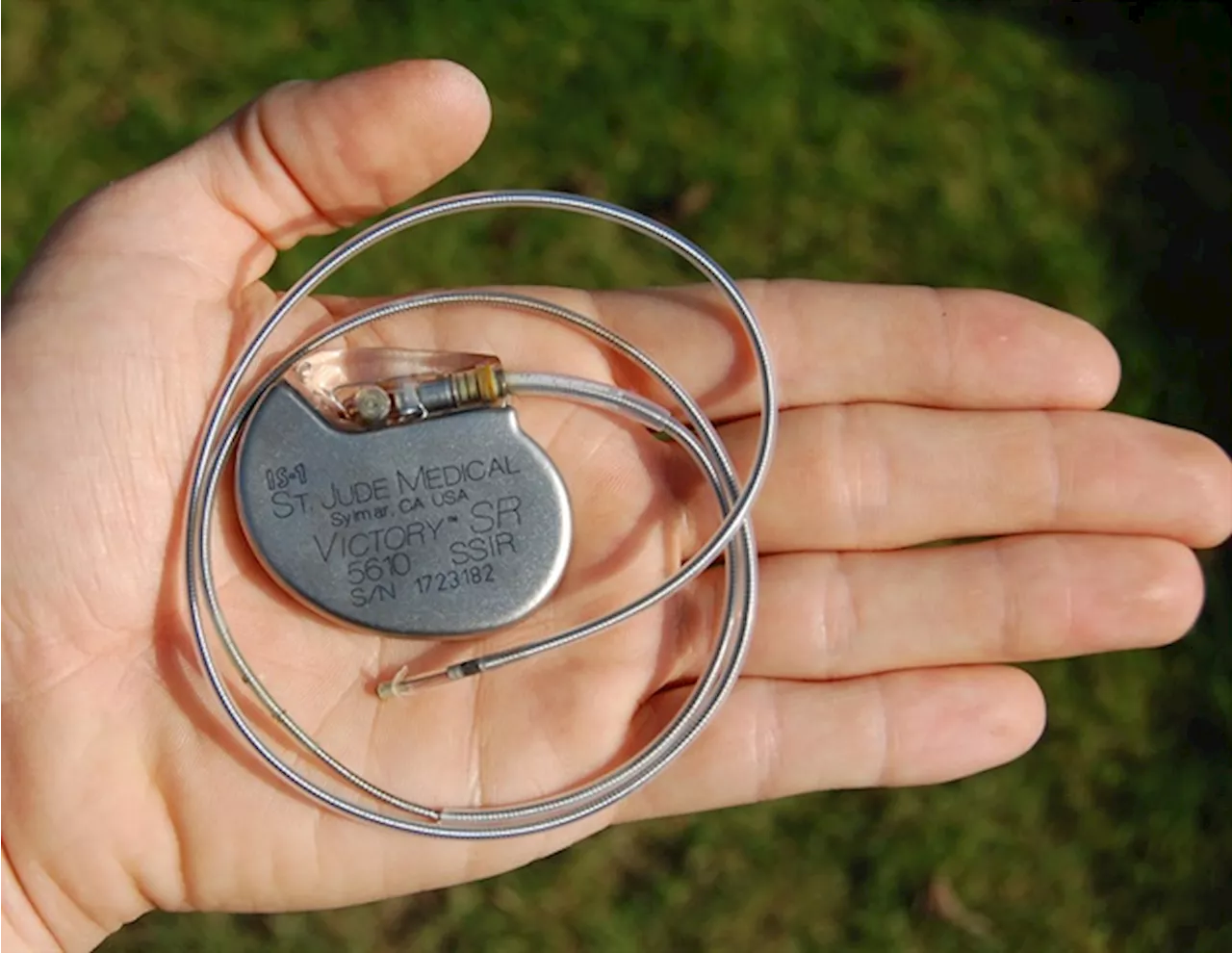A dual-chamber wireless pacemaker provides reliable performance over three months, bolstering evidence for this new pacemaker option, according to results from a multi-center, international clinical trial co-led by a Weill Cornell Medicine and NewYork-Presbyterian investigator.
Weill Cornell Medicine Jul 30 2024
Dr. James Ip, professor of clinical medicine at Weill Cornell Medicine and a cardiac electrophysiologist at NewYork-Presbyterian/Weill Cornell Medical Center If the wire breaks, physicians must remove it, which can be difficult if significant scar tissue has formed around it over time. Additionally, bacteria may attach to the wire, leading to potentially severe bloodstream infections. People who frequently engage in activities that involve a lot of arm movement may be particularly at risk of wires breaking. Individuals who are thinner or have thinner skin may be at risk of having the device itself erode through the skin.
The new study builds on those results by providing longer-term data on how reliably the dual chamber stimulating device performs in various circumstances, such as when patients are engaged in activity that raises their heart rate or when they change positions like standing up or lying down.
Clinical Trial Heart Medicine Research Skin Technology
United Kingdom Latest News, United Kingdom Headlines
Similar News:You can also read news stories similar to this one that we have collected from other news sources.
 Weill Cornell researchers define three Parkinson's subtypes with machine learningResearchers at Weill Cornell Medicine have used machine learning to define three subtypes of Parkinson's disease based on the pace at which the disease progresses.
Weill Cornell researchers define three Parkinson's subtypes with machine learningResearchers at Weill Cornell Medicine have used machine learning to define three subtypes of Parkinson's disease based on the pace at which the disease progresses.
Read more »
 Blood test may guide use of multiple myeloma immunotherapyA simple blood test that measures the number of lymphocytes, a type of white blood cell in the body, may predict whether people who have relapsed multiple myeloma are going to respond well to CAR-T immunotherapy, according to new research from Weill Cornell Medicine, NewYork-Presbyterian, Columbia University and Icahn School of Medicine at Mount...
Blood test may guide use of multiple myeloma immunotherapyA simple blood test that measures the number of lymphocytes, a type of white blood cell in the body, may predict whether people who have relapsed multiple myeloma are going to respond well to CAR-T immunotherapy, according to new research from Weill Cornell Medicine, NewYork-Presbyterian, Columbia University and Icahn School of Medicine at Mount...
Read more »
 Simple blood test may predict CAR-T therapy success in multiple myelomaA simple blood test that measures the number of lymphocytes, a type of white blood cell in the body, may predict whether people who have relapsed multiple myeloma are going to respond well to CAR-T immunotherapy, according to new research from Weill Cornell Medicine, NewYork-Presbyterian, Columbia University and Icahn School of Medicine at Mount...
Simple blood test may predict CAR-T therapy success in multiple myelomaA simple blood test that measures the number of lymphocytes, a type of white blood cell in the body, may predict whether people who have relapsed multiple myeloma are going to respond well to CAR-T immunotherapy, according to new research from Weill Cornell Medicine, NewYork-Presbyterian, Columbia University and Icahn School of Medicine at Mount...
Read more »
 Researchers hone ChatGPT, creating AI tools for digital pathologyScientists from Dana-Farber Cancer Institute and Weill Cornell Medicine have developed and tested new artificial intelligence tools tailored to digital pathology—a relatively new field that uses high-resolution digital images that are created from tissue samples to diagnose diseases and inform treatment decisions.
Researchers hone ChatGPT, creating AI tools for digital pathologyScientists from Dana-Farber Cancer Institute and Weill Cornell Medicine have developed and tested new artificial intelligence tools tailored to digital pathology—a relatively new field that uses high-resolution digital images that are created from tissue samples to diagnose diseases and inform treatment decisions.
Read more »
 New preclinical model offers a unique platform for studying Parkinson's disease processA new preclinical model offers a unique platform for studying the Parkinson's disease process and suggests a relatively easy method for detecting the disease in people, according to a new study led by Weill Cornell Medicine researchers.
New preclinical model offers a unique platform for studying Parkinson's disease processA new preclinical model offers a unique platform for studying the Parkinson's disease process and suggests a relatively easy method for detecting the disease in people, according to a new study led by Weill Cornell Medicine researchers.
Read more »
 Preclinical model offers new insights into Parkinson's disease processA new preclinical model offers a unique platform for studying the Parkinson's disease process and suggests a relatively easy method for detecting the disease in people, according to a new study led by Weill Cornell Medicine researchers.
Preclinical model offers new insights into Parkinson's disease processA new preclinical model offers a unique platform for studying the Parkinson's disease process and suggests a relatively easy method for detecting the disease in people, according to a new study led by Weill Cornell Medicine researchers.
Read more »
